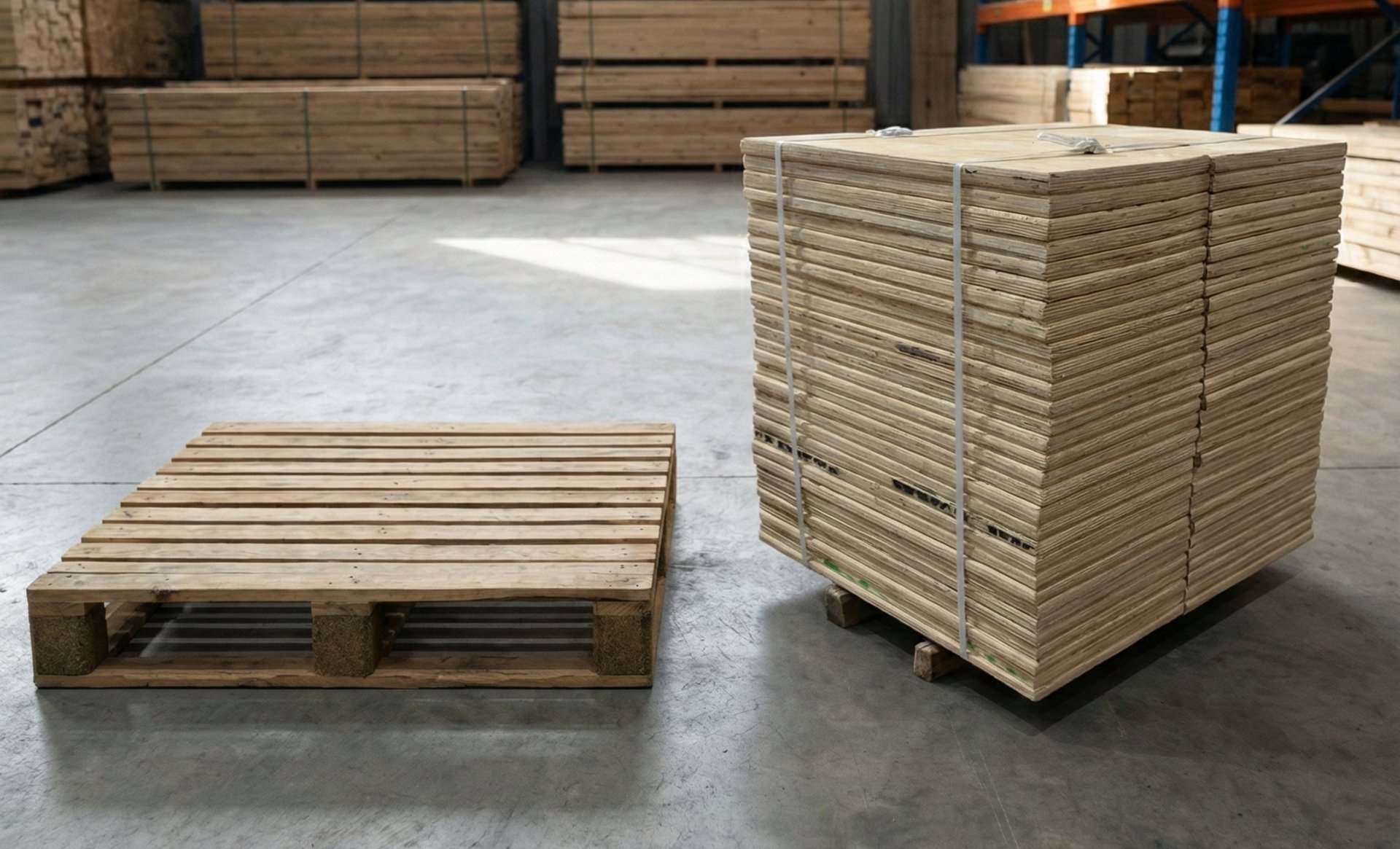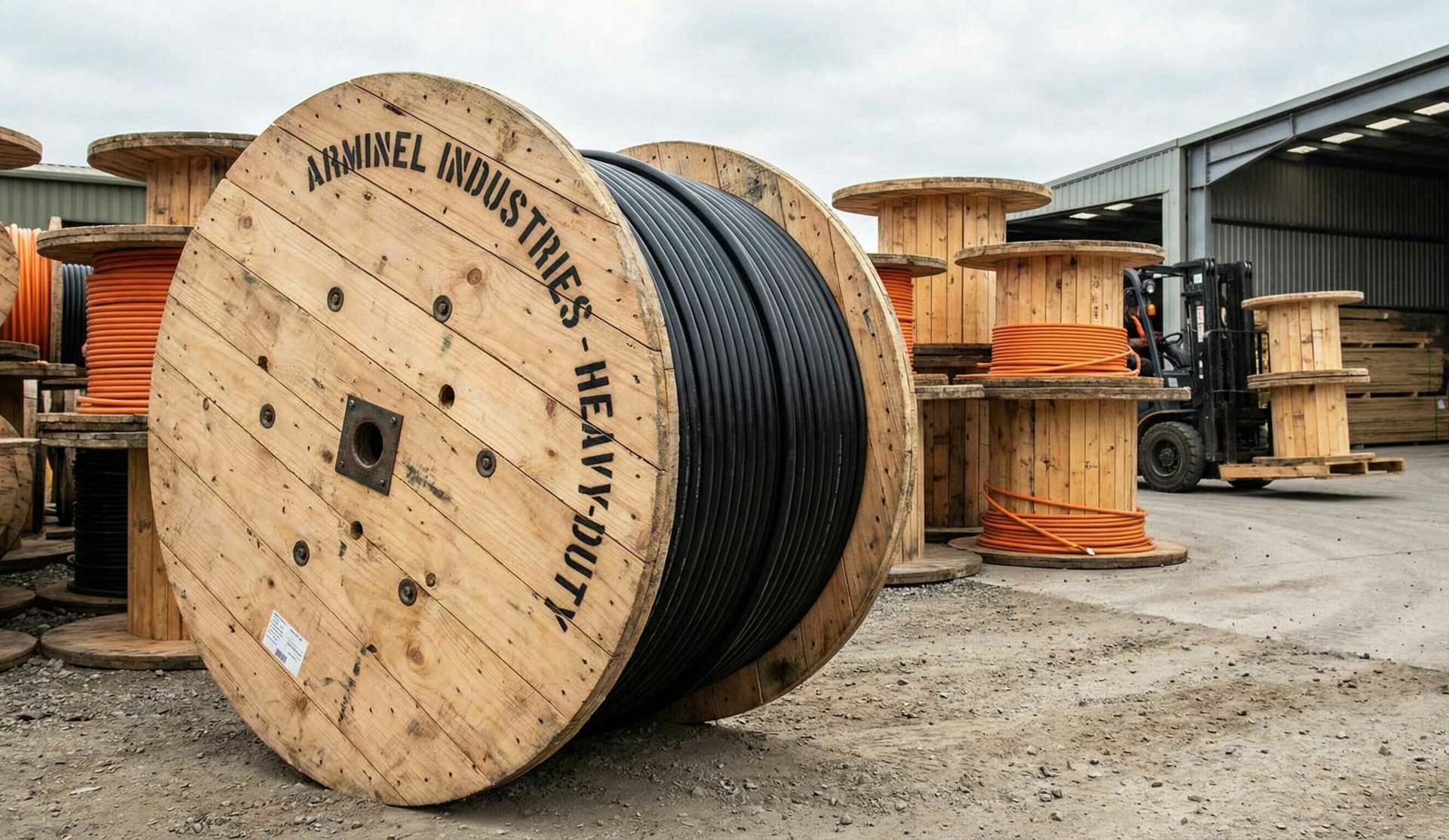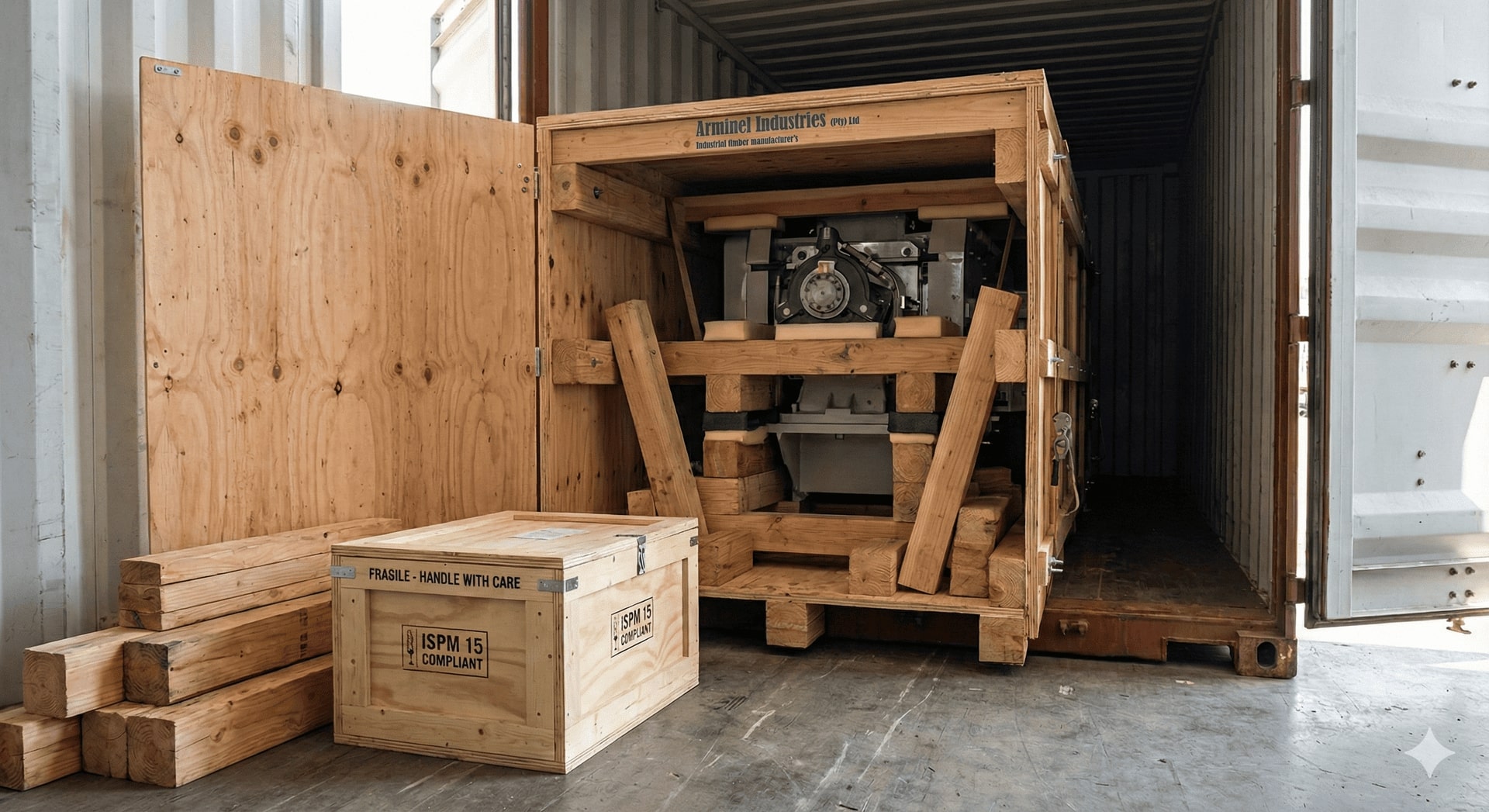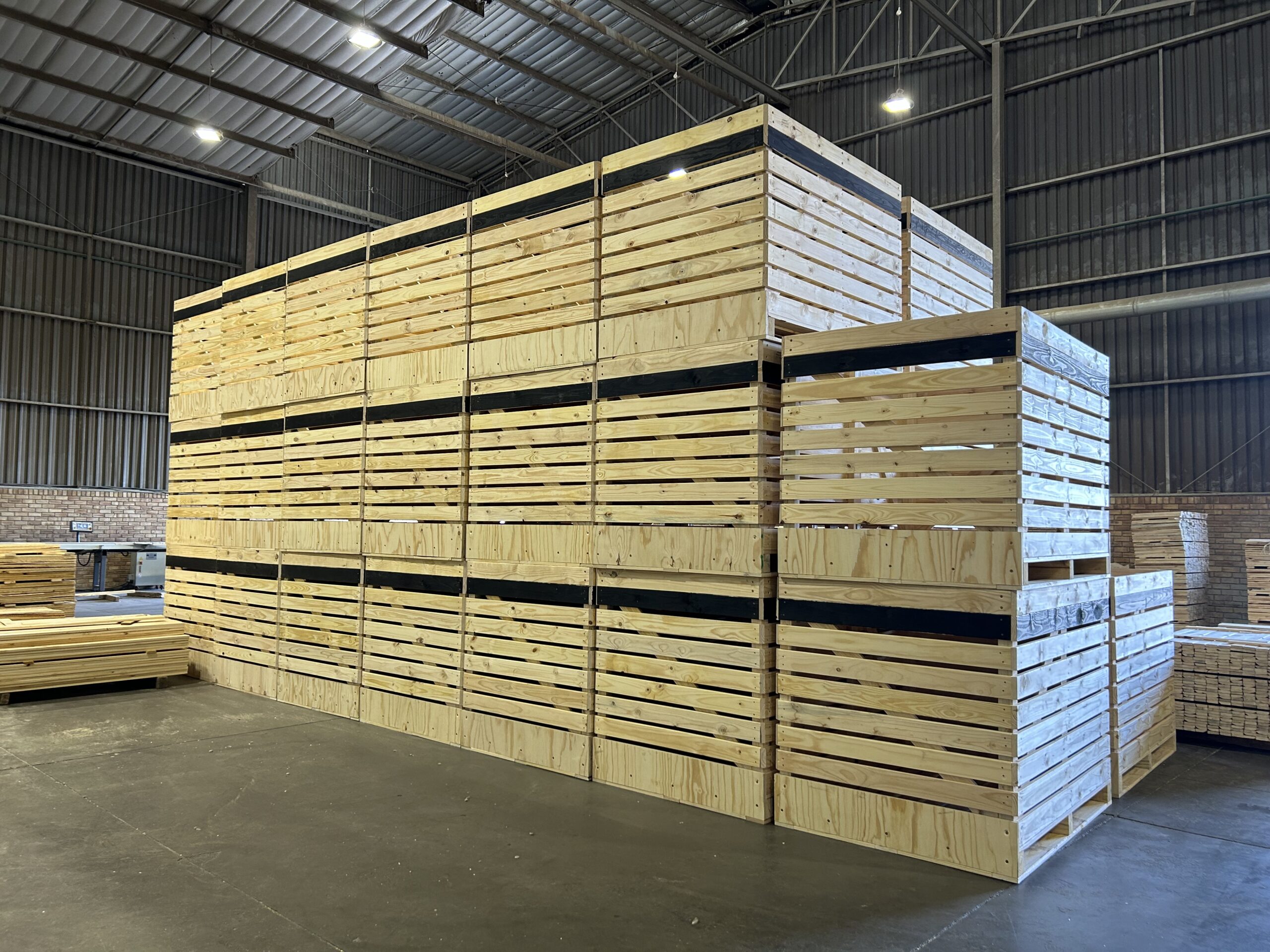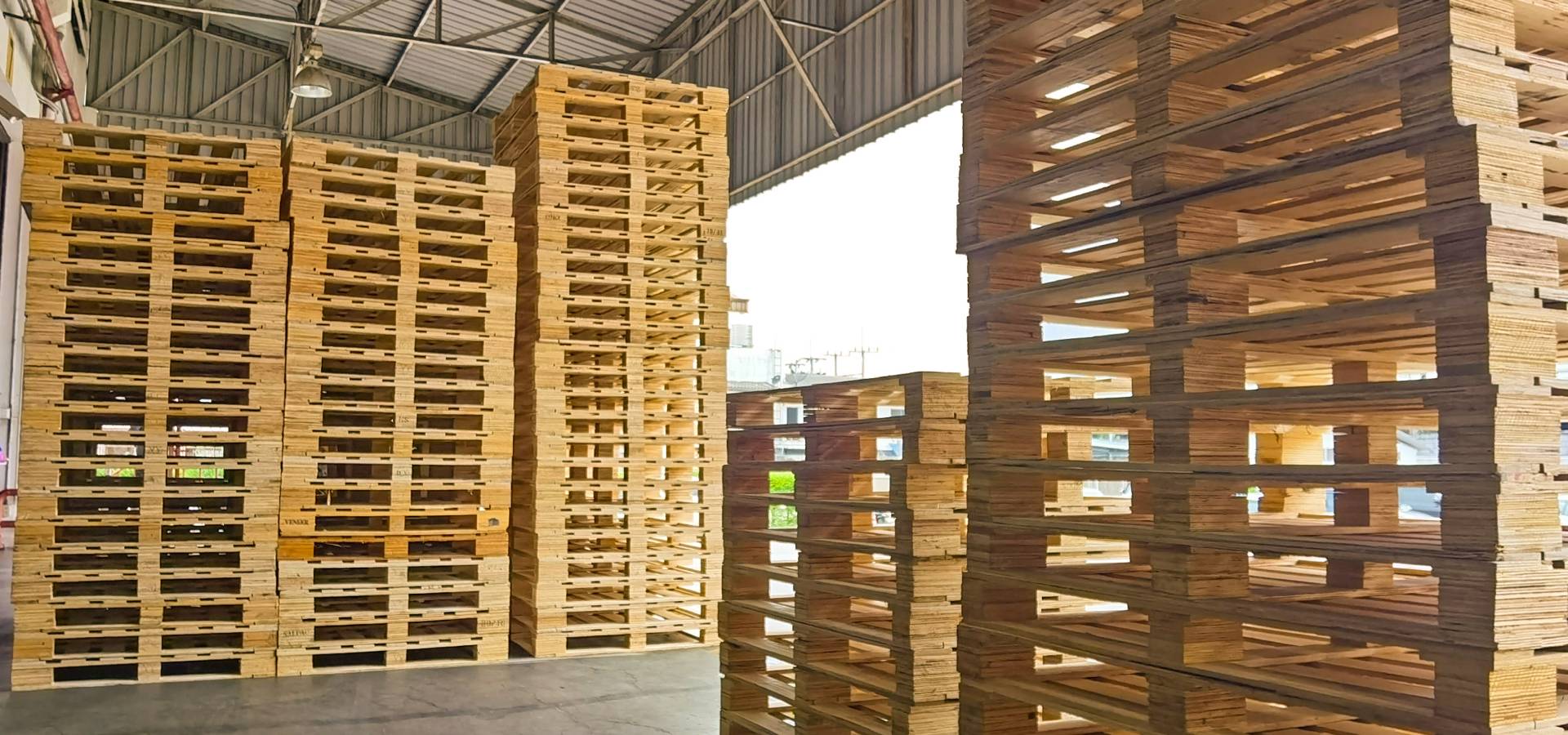International trade puts a spotlight on the humble pallet and crate. Many countries will refuse or destroy incoming wooden packaging that can carry pests or disease, so exporters must use ISPM 15 wooden packaging material in Gauteng, South Africa that meets the international standard. At Arminel Industries, we manufacture and supply compliant products — from heat-treated wooden pallets to export crates, timber boxes and dunnage — and this guide explains what exporters and local industries in Gauteng must know.
What is ISPM 15, and why does it matter?
ISPM 15 (International Standards for Phytosanitary Measures No. 15) is the international standard designed to prevent the spread of insects and pathogens in wood packaging used in international trade. It applies to solid wood packaging materials thicker than 6 mm (pallets, crates, dunnage, skids, etc.) and requires approved treatments and a standardised mark of compliance. Countries around the world expect treated and marked packaging for imports and exports.
The approved treatments — heat treatment is preferred
ISPM 15 allows two major phytosanitary treatments, but worldwide the most common and widely accepted method is heat treatment (HT). The globally-accepted HT requirement is that wood must reach a core temperature of at least 56 °C for a minimum of 30 minutes. Heat treatment is reliable, non-toxic (unlike methyl bromide fumigation), and especially suitable for pallets and packaging used with food and pharmaceuticals. Wood should also be debarked where required by the standard.
How compliant wood packaging is marked
After treatment, wood packaging must bear the standard IPPC/ISPM-15 mark. The mark shows:
the IPPC symbol,
the country code (for South Africa: ZA),
a unique producer or treatment provider code, and
the treatment used (e.g., HT for heat-treated).
This stamp is the visible proof that packaging is ISPM 15 compliant — border control authorities use it to accept cargo without additional treatment.
 Who regulates ISPM 15 in South Africa?
Who regulates ISPM 15 in South Africa?
The South African National Plant Protection Organisation (SA NPPO), part of the national agriculture authority, oversees the implementation, audits and inspections of ISPM 15 in South Africa. Exporters and manufacturers should work with registered treatment facilities or accredited providers to ensure documentation and marking are correct. If you export from Gauteng, check with the Department of Agriculture’s inspection services for any country-specific requirements.
What exporters in Gauteng must do (quick checklist)
Determine if your wood packaging falls under ISPM 15 (solid wood > 6 mm).
Use HT treated material (56 °C core for 30 minutes) from a registered facility or source already-marked pallets/crates.
Confirm the IPPC/ISPM 15 mark is present (includes country code ZA and HT code).
Keep treatment documentation (invoices, treatment certificates) for customs and importers.
Ask your consignee about destination rules — some countries require KD (kiln-dried) wood or additional declarations.
> Download our ISPM 15 Export Compliance Checklist (PDF)
Benefits of using heat-treated wooden pallets and ISPM 15-compliant packaging
Avoid border delays and rejections — many customs agencies will reject or fumigate non-compliant WPM.
Protect your shipment and reputation — damaged or destroyed cargo is expensive; compliance reduces that risk.
Safer for food, pharma and sensitive goods — HT avoids toxic fumigants like methyl bromide.
Broader market access — many importers insist on ISPM 15 compliance as a condition of business.
Arminel Industries — how we help Gauteng exporters
At Arminel Industries we manufacture a full range of wooden packaging solutions suitable for local industries and exporters across Gauteng:
Wooden Pallets — export pallets & standard pallets for Gauteng industries; available heat-treated (HT) and marked to ISPM 15 standards.
Timber Bins — bulk storage solutions built from export-grade timber.
Cable Drums — heavy-duty reels for electrical and telecommunications projects.
Wooden Crates — custom export crates sized and designed to meet destination requirements and ISPM 15 marking.
Timber Skids — custom sizing for specialised transport needs.
Wooden Decks — industrial platforms and custom decking solutions.
Timber Boxes — export boxes and industrial containers with HT options.
Wooden Dunnage — export-grade securing and blocking materials, ISPM 15 compliant where required.
We can supply heat treated wooden pallets and export crates that meet the ISPM 15 mark and provide the documentation you need for customs and importers.
Practical tips for procurement and export teams in Gauteng
Specify “ISPM 15 HT” in purchase orders when ordering pallets and crates for export.
Inspect each shipment for the IPPC mark and retain treatment certificates.
When in doubt, contact the SA NPPO / Department of Agriculture inspection services for country-specific requirements and accepted treatment codes.
Need ISPM 15 wooden packaging material in Gauteng, South Africa?
If your business in Gauteng needs reliable heat treated wooden pallets, export crates, timber boxes or dunnage — all manufactured to ISPM 15 requirements — Arminel Industries can help. We produce export-grade timber packaging, apply HT treatment when needed, and ensure your units can be marked and documented for international trade.
Contact us at Arminel Industries to discuss your export route, required markings, or to request a quote for ISPM 15-compliant pallets and packaging tailored to your cargo.
References & further reading
IPPC — Guide and updates on wood packaging material and ISPM 15. ippc.int
ISPM15 (general) and heat treatment explanation. Welcome at ISPM-15.com
South African Department of Agriculture — Inspection Services and Exporter guidance. National Department of Agriculture
Practical summary of treatment, marking and regulations (local industry pages). Kimmo
Frequently Asked Questions (FAQ)
1. What does ISPM 15 stand for?
ISPM 15 stands for International Standards for Phytosanitary Measures No. 15. It regulates wooden packaging used in international trade to prevent pests and diseases from spreading across borders.
2. What kind of wood packaging needs to comply?
Any solid wood packaging thicker than 6 mm, such as pallets, crates, skids, dunnage, and cable drums. Plywood, MDF, and particleboard are excluded.
3. What does “heat treated (HT)” mean?
“Heat treated” means the wood has been heated until the core temperature reaches at least 56°C for 30 minutes, which kills any pests inside the timber.
4. How do I know if my packaging is ISPM 15 compliant?
Look for the IPPC mark on the wood. It should include the IPPC logo, the country code (ZA for South Africa), the producer code, and the treatment code “HT.”
Example:
🌿 ZA – 12345 – HT
5. Can I export without the ISPM 15 mark if I have a treatment certificate?
No. Most countries require the physical ISPM 15 stamp on the wood. Certificates alone are not enough for customs clearance.
6. Who regulates ISPM 15 in South Africa?
The South African National Plant Protection Organization (NPPO) under the Department of Agriculture, Land Reform and Rural Development (DALRRD) oversees implementation and audits of ISPM 15 treatment providers.
7. How long does heat-treated packaging remain valid?
The treatment itself doesn’t expire, but if wood becomes infested, re-contaminated, or repaired with untreated wood, it must be re-treated and re-stamped.
8. Does Arminel Industries supply ISPM 15-compliant pallets and crates?
Yes. We manufacture heat treated wooden pallets, export crates, boxes, and dunnage that fully comply with ISPM 15 standards, suitable for exports from Gauteng and beyond.
9. Can Arminel provide documentation for customs?
Absolutely. We can issue the necessary HT documentation and compliance details for your export shipment upon request.
10. Where can I get more information about ISPM 15 in South Africa?
You can visit the official Department of Agriculture website or contact the Inspection Services Division for ISPM 15 exporter guidelines.

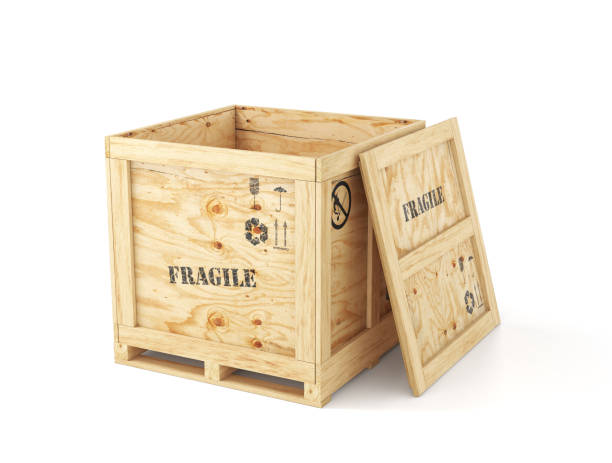 Who regulates ISPM 15 in South Africa?
Who regulates ISPM 15 in South Africa?